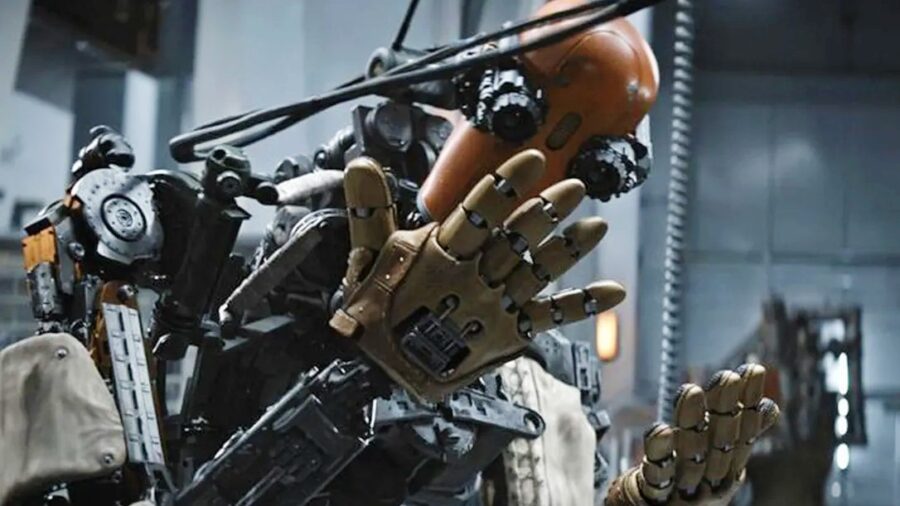AI Is Already Gutting One Huge Job And Workers Are Worried
Publishers are increasingly using AI for audiobook narration and cutting out human voice actors.

Artificial intelligence is dominating headline after headline right now, and it’s not hard to see why. In Hollywood, WGA writers are going on strike partly because they worry about how AI will impact their careers, and many workers in other fields are worried about how this emerging technology might affect their own jobs. Now, AI has already managed to gut one major job: according to Digital Journal, publishers are embracing AI audiobooks and increasingly pushing human narrators out of the picture altogether.
In retrospect, the rise of AI audiobooks is something that we really should have seen coming. Currently, AI struggles to create things from scratch, such as novels, without extensive human editing. For many writers and workers in other fields, this leads to a somewhat philosophical question: if these companies are still going to have to hire editors to make AI-generated text palatable, why not just cut out the digital middleman and continue to rely on human beings to create colorful and compelling stories from scratch?
Unfortunately for narrators, AI audiobooks are a different animal altogether. The text has already been written, so the technology doesn’t have to come up with a dazzling original story. Instead, all the technology has to do is emulate the pitch, cadence, and general line delivery of a human narrator, and this is easy enough to do that countless publishers are now relying on it.

And these AI audiobooks are already having a noticeable effect on the industry for human narrators. Veteran narrators such as Tanya Eby have had their current workload cut in half, and things are likely to get worse before (or if) they get better. As for Eby, she has pointed out the dangers of this technology transforming established media landscapes into the Wild West.
For example, while it’s fun for the average person to sit around and have something like ChatGPT create a Star Trek text game to play, an increasing number of companies are finding ways to use this technology to create legal loopholes that threaten to screw over workers, including professional narrators. For example, Eby points out that while it would be illegal to just copy a single person’s voice, these companies using AI audiobooks can blend five other voices together and claim they now have a legally distinct voice that nobody can take legal action against.
While AI audiobooks are obviously bad for professional narrators like Eby, we would argue that this technology is also bad for the people who enjoy listening to these books. We doubt that AI could ever do a better job narrating Star Wars books than Marc Thompson, for example, or a better job of narrating Harry Potter books than Jim Dale or Stephen Fry. Nonetheless, it costs about a quarter the price to rely on AI narrators rather than human ones, so publishers are going to increasingly rely on them despite what we consider an obvious drop in quality.
There are some companies behind AI audiobooks, including DeepZen, that go out of their way to pay actors for the use of their voices and even offer them royalties on audiobooks sold. Unfortunately, that more ethical approach to AI seems to be the exception rather than the norm. And we wouldn’t be surprised to see other industries follow in the footsteps of the WGA and began striking before their jobs get almost completely replaced by artificial intelligence.












